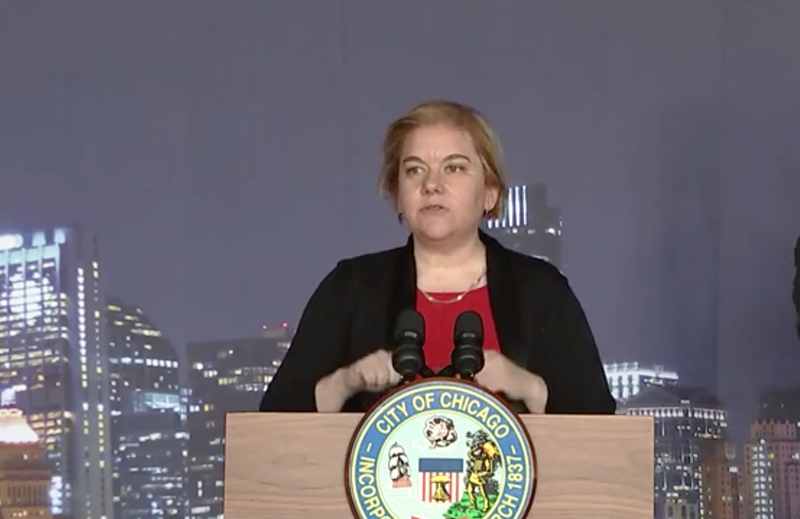
CHICAGO (WBBM NEWSRADIO) -- The City of Chicago is bringing on a partner to help run its mass COVID-19 vaccinations sites.
Chicago Department of Public Health Commissioner Dr. Allison Arwady said through competitive bidding, Prism Health Lab has gotten the contract to run several coronavirus mass vaccinations sites. She said Prism will operate existing PODS, or points of distribution, and start new ones.
"They are a minority-owned, Chicago-based company. They have been doing business in Chicago since 1987, and 75 percent of Prism employees are black, LatinX, indigenous, or people of color. There's a lot of good work. Their proposal really stood out for reasons of diversity, a lot of operations experience that they have with testing..." Dr. Arwady said.
She said it’s a $15 million contract. The city expects to award another $5 million to community-based providers.
Dr. Arwady told reporters after the partnership announcement that the city cannot expand its distribution of COVID-19 any further, because Chicago needs another half million doses just to vaccinate the people in the first waves.
"We still are almost 500,000 doses short of the first doses that we need to have been able to offer vaccine to everybody who is already eligible in Phase 1B. And although our doses have been increasing, you can see it has still been a relatively small supply as compared to demand," she said.
But, Dr. Arwady said she expects the pace of deliveries of COVID-19 vaccine to keep accelerating.
"We will get a big chunk of this group done really in March and then be able to move ahead to folks with underlying conditions and these other frontline essential workers and keep growing from there," she said.

